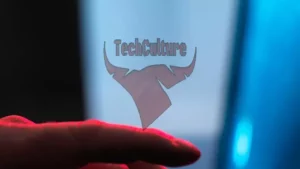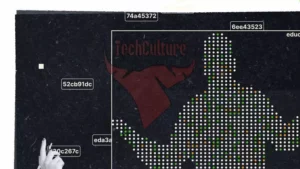Google Revises Super Bowl Ad After AI Mishap on Cheese Statistics
Tech giant Google has made a swift correction to its Super Bowl advertisement featuring its artificial intelligence (AI) system, Gemini, following the discovery of an inaccurate statistic about cheese consumption. The original ad claimed that Gouda cheese accounted for 50 to 60% of global cheese consumption, a figure that raised eyebrows among industry experts.
In response to the error, Google has updated the advertisement. The revised version now states that Gouda is “one of the most popular cheeses in the world,” removing the specific percentage claims. This modification came after Google consulted with the business owner featured in the ad to determine the best course of action.
The incident has brought attention to the challenges of AI-generated content and its accuracy. Jerry Dischler from Google Cloud defended the initial statistic, stating it was “grounded in the web,” suggesting the information was sourced from multiple online sites. However, this justification highlights the potential pitfalls of relying on AI to interpret and present data without thorough fact-checking.
Contrary to the ad’s original claim, market data paints a different picture of global cheese consumption. A report by IMARC Group indicates that cheddar cheese holds the majority market share at 32.4%, with Gouda not even ranking in the top five. Andrew Novakovic, an expert in agricultural economics, confirmed that Gouda is not the most widely consumed cheese globally, further undermining the initial claim.
This is not the first time Google has faced criticism for inaccuracies in AI-generated content. Previous instances include a promotional video suggesting potentially harmful camera solutions and incorrect information about the James Webb Space Telescope. The company’s AI Overviews feature has also been under scrutiny for generating misleading information, such as suggesting the use of glue in pizza sauce.
The Super Bowl ad mishap serves as a reminder of the importance of verifying AI-generated information, even when presented confidently. As AI technologies continue to evolve and integrate into various aspects of communication and marketing, users are advised to remain cautious and critical of the information provided by these systems.
This incident underscores the ongoing challenges in the AI industry, particularly in ensuring the accuracy and reliability of AI-generated content. As companies like Google continue to push the boundaries of AI capabilities, the need for robust fact-checking mechanisms and human oversight remains crucial.



